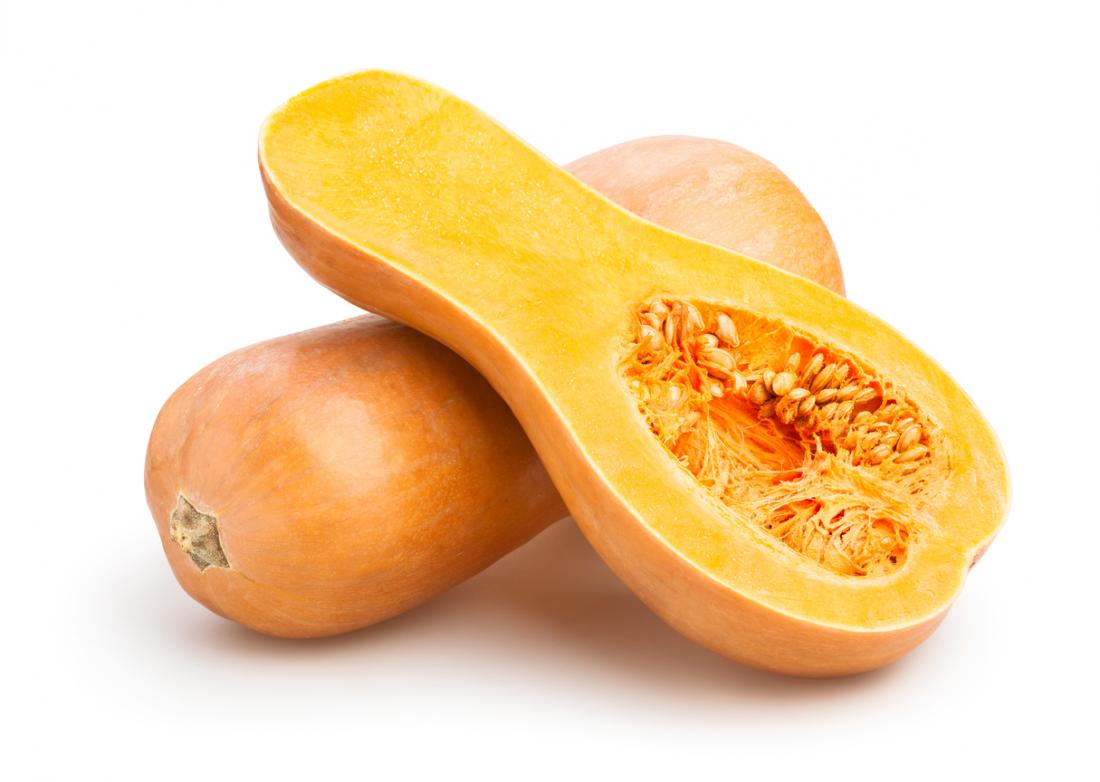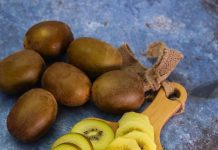Butternut Squash Carbs: A Nutritional Perspective
In the realm of nutritious vegetables, butternut squash stands out as a versatile and flavorsome option. Beyond its rich taste, many wonder about the carbohydrate content of this popular vegetable. In this guide, we dive into the nutritional profile of butternut squash, shedding light on its carb content and the broader health benefits it offers. Let’s navigate the world of butternut squash carbs and discover how this vegetable can be a delightful addition to your diet.
Butternut Squash Nutritional Profile: Carbs and Beyond
Before we delve into its carbohydrate content, it’s essential to understand the holistic nutritional profile of butternut squash. This vibrant orange vegetable isn’t just visually appealing; it’s packed with essential nutrients. Vitamins like A, C, and E, along with minerals like potassium and magnesium, make butternut squash a nutrient powerhouse. Plus, its high fiber content contributes to a feeling of fullness and supports digestive health. Let’s explore beyond carbs and unravel the wholesome benefits it brings to the table.

Carbohydrate Content in Butternut Squash: Breaking It Down
Now, let’s address the core question: how many carbs are in butternut squash? A one-cup serving of cooked butternut squash contains around 21 grams of carbohydrates. These carbs primarily come from complex carbohydrates and natural sugars, delivering sustained energy. The real magic lies in its fiber content, which helps regulate blood sugar levels and promotes a gradual rise in glucose. This unique combination of carbs and fiber makes butternut squash a valuable addition to your diet.
Butternut Squash and Weight Management: A Carb-Friendly Choice
Addressing the Relationship Between Butternut Squash and Weight Management
As you embark on a journey towards healthier eating, understanding the role of butternut squash in weight management is key. Despite its carb content, butternut squash can be a valuable asset in your efforts to maintain a healthy weight. With only around 82 calories per cup and a generous dose of fiber, it offers a satisfying and guilt-free option to keep you satiated. The fiber not only promotes fullness but also slows down digestion, helping you manage your appetite and portion control.
Suitability of Butternut Squash in Low-Carb and Keto Diets
For those following low-carb or ketogenic diets, the presence of carbs in butternut squash might raise concerns. However, this doesn’t mean you have to give up this delectable vegetable entirely. While butternut squash is higher in carbs compared to other low-carb veggies, it can still find a place in your diet with strategic planning. Moderation is key; incorporating smaller portions can allow you to savor its flavor while staying within your carb goals.
Incorporating Butternut Squash: Healthy Recipes and Tips
The beauty of butternut squash lies in its culinary versatility. From comforting soups to satisfying roasted dishes, this vegetable lends itself to a variety of preparations. A simple roast with olive oil, salt, and pepper brings out its natural sweetness, while blending it into soups adds a creamy texture without the need for heavy creams. You can also spiralize it into “noodles” for a low-carb alternative to pasta. Experimenting with recipes can make butternut squash a delightful addition to your meals.
Butternut Squash Carbs in Context: Balancing Your Plate
Emphasizing the Importance of Balance
While understanding butternut squash’s carb content is crucial, it’s equally important to consider its role within the broader context of your diet. Balancing your plate with a variety of nutrient-rich foods is key to optimal health. Incorporating butternut squash can contribute to a well-rounded diet that provides essential vitamins, minerals, and fiber. By combining it with lean proteins, healthy fats, and other colorful vegetables, you create a harmonious meal that nourishes your body.
Enjoying Butternut Squash in Different Ways
Whether you’re aiming for weight management, exploring low-carb options, or simply seeking delicious and nutritious meals, butternut squash offers something for everyone. Remember that moderation and portion control are essential, especially if you’re watching your carb intake. Experiment with different cooking methods and recipes to find the ones that resonate with your taste buds and dietary goals.
FAQs About Butternut Squash Carbs
Are carbs in butternut squash healthy?
Yes, the carbs in butternut squash are healthy as they mainly consist of complex carbohydrates and natural sugars. Plus, the fiber content supports steady blood sugar levels.
How many carbs are in a cup of cooked butternut squash?
A cup of cooked butternut squash contains around 21 grams of carbohydrates.
Can butternut squash be part of a low-carb diet?
While butternut squash has carbs, it can still be enjoyed in moderation on a low-carb diet. Be mindful of portion sizes.
Is butternut squash suitable for keto diets?
In small portions, butternut squash can be incorporated into a keto diet. Its carb content should be considered within your daily carb allowance.
Does butternut squash affect blood sugar levels?
The fiber in butternut squash helps regulate blood sugar levels by promoting gradual glucose absorption.
Can I eat butternut squash if I’m watching my weight?
Yes, butternut squash is relatively low in calories and high in fiber, making it a satisfying choice for weight management.
How can I reduce the carb content of butternut squash dishes?
Consider using smaller portions or combining it with lower-carb vegetables to reduce the overall carb content of your dish.
Are there any health benefits to eating butternut squash?
Absolutely. Butternut squash is rich in vitamins, minerals, and antioxidants, contributing to overall health and wellness.
Can I eat butternut squash on a plant-based diet?
Yes, butternut squash is a great addition to plant-based diets, providing essential nutrients and flavors to your meals.
How should I cook butternut squash to retain its nutrients?
Roasting, baking, or steaming are good methods to preserve the nutrients in butternut squash. Avoid overcooking to maintain its nutritional value.
Conclusion:
In conclusion, the question of “butternut squash carbs” unveils a world of culinary possibilities and nutritional benefits. This vibrant vegetable brings a delightful blend of complex carbohydrates, fiber, vitamins, and minerals to your plate. Whether you enjoy it roasted, blended into soups, or incorporated into creative dishes, butternut squash adds both flavor and nourishment. Embrace its goodness as part of your journey towards a healthier and balanced lifestyle.




